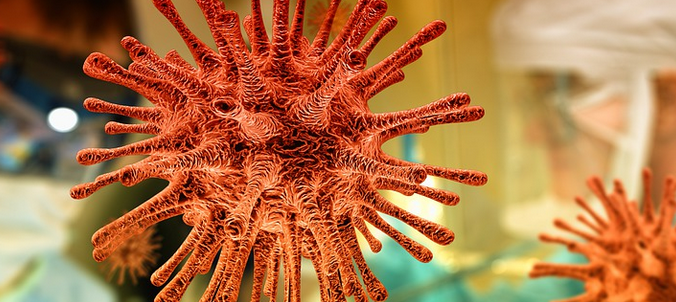Introduction
Streptococcus is a type of bacteria that can cause various infections in the human body. These infections can range from mild to severe, and can affect different parts of the body, including the throat, skin, and bloodstream. In order to diagnose and treat streptococcal infections, doctors use various biochemical tests to identify the specific type of bacteria causing the infection. In this article, we will discuss the symptoms of streptococcal infections, the different types of biochemical tests used to diagnose them, and how these tests can help in the treatment of streptococcal infections.
Symptoms of Streptococcal Infections
The symptoms of streptococcal infections can vary depending on the type of infection and the part of the body affected. Some of the common symptoms of streptococcal infections include fever, sore throat, swollen glands, skin rash, and difficulty swallowing. In severe cases, streptococcal infections can lead to complications such as sepsis, pneumonia, and meningitis.
Diagnosis of Streptococcal Infections
Throat Culture
One of the most common tests used to diagnose streptococcal infections is a throat culture. This test involves taking a swab of the back of the throat and sending it to a laboratory for analysis. The laboratory will then check for the presence of streptococcal bacteria and determine the specific type of bacteria causing the infection.
Blood Test
In some cases, a blood test may be used to diagnose streptococcal infections. This test involves taking a sample of blood and sending it to a laboratory for analysis. The laboratory will then check for the presence of antibodies to streptococcal bacteria, which can indicate an infection.
Rapid Diagnostic Test
A rapid diagnostic test may also be used to diagnose streptococcal infections. This test involves using a swab to collect a sample from the back of the throat, and then testing the sample for the presence of streptococcal bacteria. This test can provide results within minutes, making it a quick and easy way to diagnose streptococcal infections.
Treatment of Streptococcal Infections
Once a streptococcal infection has been diagnosed, treatment will typically involve antibiotics to help fight the infection. The specific type of antibiotic used will depend on the type of streptococcal bacteria causing the infection. In addition to antibiotics, other treatments may be used to help manage the symptoms of the infection, such as pain relievers and fever reducers.
Conclusion
Biochemical tests are an important tool in the diagnosis and treatment of streptococcal infections. By identifying the specific type of bacteria causing the infection, doctors can choose the most effective treatment to help fight the infection and prevent complications. If you are experiencing symptoms of a streptococcal infection, it is important to seek medical attention as soon as possible to receive an accurate diagnosis and prompt treatment.

